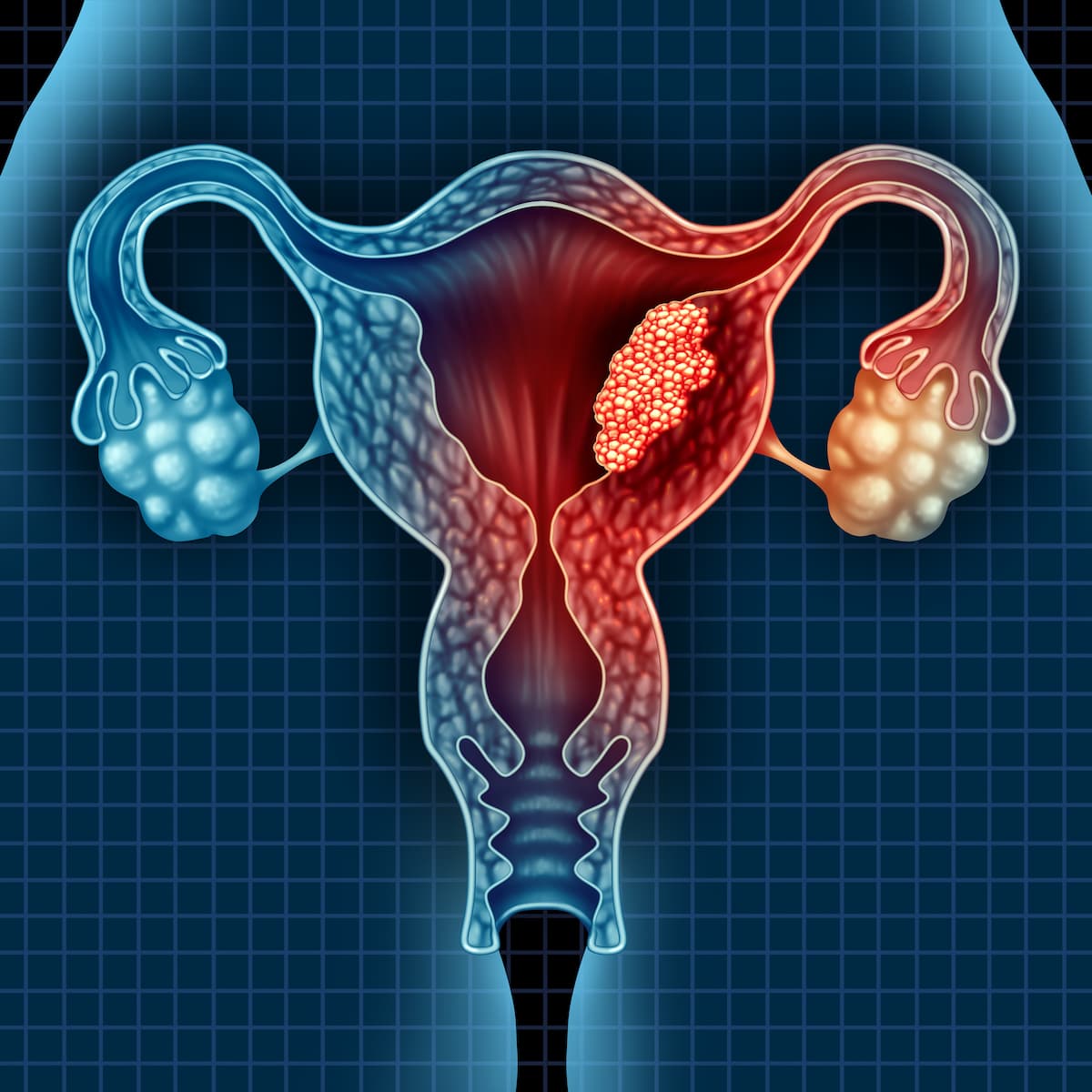
FDA Approves Durvalumab/Chemo in dMMR Advanced Endometrial Cancer

Data from the DUO-E trial support the FDA approval of durvalumab/chemotherapy for those with primary advanced or recurrent dMMR endometrial cancer.
The FDA has approved durvalumab (Imfinzi) in combination with carboplatin and paclitaxel followed by durvalumab maintenance for adults with mismatch repair deficient (dMMR) primary advanced or recurrent endometrial cancer, according to a press release from the agency.1
Supporting data for the approval came from the
Among 95 patients with dMMR tumors, the median progression-free survival (PFS) with durvalumab/chemotherapy was not reached (NR; 95% CI, NR-NR) vs 7 months (95% CI, 6.7-14.8) with chemotherapy alone (HR, 0.42; 95% CI, 0.22-0.80). Overall survival (OS) data were not yet mature at the time of the latest analysis.
Previous findings highlighted at the
Frequent adverse effects associated with durvalumab plus chemotherapy in the DUO-E trial included nausea, peripheral neuropathy, musculoskeletal pain, alopecia, fatigue, and abdominal pain.
In the multi-center, double-blind, phase 3 DUO-E trial, patients with primary advanced or recurrent endometrial cancer and evaluable MMR status were assigned 1:1:1 to receive durvalumab plus chemotherapy, chemotherapy alone, or durvalumab plus chemotherapy and olaparib (Lynparza). Patients received durvalumab at 1120 mg or matched placebo every 3 weeks for up to 6 cycles followed by maintenance with durvalumab at 1500 mg every 4 weeks or placebo until progressive disease.
The trial’s primary end point was PFS per RECIST criteria. Secondary end points included OS, objective response rate, duration of response, and safety.
References
- FDA approves durvalumab with chemotherapy for mismatch repair deficient primary advanced or recurrent endometrial cancer. News release. FDA. June 14, 2024. Accessed June 14, 2024. https://tinyurl.com/mvhx997f
- Chon HS, Thomas-Pepin J, Sundborg MJ, et al. Durvalumab plus carboplatin/paclitaxel followed by durvalumab with or without olaparib as first-line treatment for endometrial cancer (DUO-E/GOG-3041/ENGOT-EN10): objective response rate and duration of response by mismatch repair status. Presented at: SGO 2024 Annual Meeting on Women’s Cancer; March 16-18, 2024; San Diego, CA.
Newsletter
Stay up to date on recent advances in the multidisciplinary approach to cancer.





































